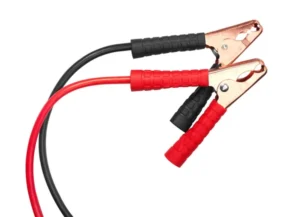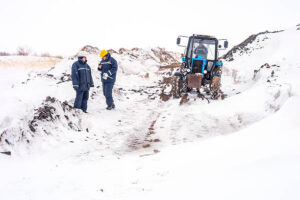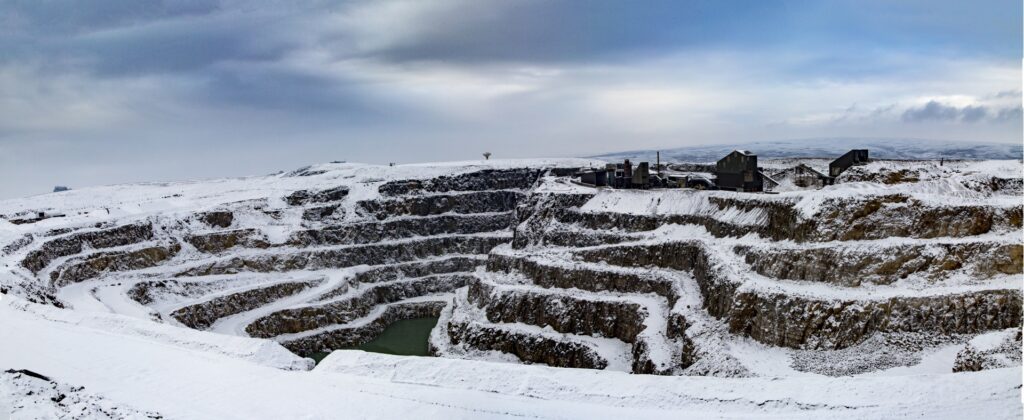Winter weather brings a unique set of challenges for equipment operators, especially in colder climates. Operating machinery in extreme cold requires extra care to prevent damage and ensure safe operation. To help you navigate these conditions effectively, we’ve compiled a list of 12 best practices that every operator should follow when starting and using equipment in cold weather.
Engine Care in Cold Weather
- Fueling in Cold Conditions
When fueling your equipment in winter, take extra precautions to avoid introducing water or contaminants into the fuel tank. These impurities can lead to serious engine issues in freezing temperatures. - Maintain Filters for Smooth Operation
Make sure your fuel, air, and hydraulic filters are clean and maintained. This will help ensure easy starts and prevent power loss during operation in cold weather.
Battery Tips for Cold Weather
- Use Jumper Cables Carefully

In freezing conditions, the use of jumper cables can be risky. Improper connections, such as reverse polarization, can cause significant damage to your equipment’s electrical system. - Avoid Charging Frozen Batteries
Never attempt to charge a frozen battery, as this can lead to an explosion. Always check the battery’s temperature before charging.
Safe Starting Practices
- Handle Ether Starting Aids with Caution
Highly volatile ether starting aids are often used in cold weather to assist with starting engines. However, improper use of ether can cause engine seizure, valve stem damage, or worse. Always follow the manufacturer’s guidelines when using ether. - Communicate During Jump Starts
When more than one person is involved in jump-starting a machine, communication is key. Discuss the jump-start process beforehand, as the person in the cab will likely not be able to hear instructions once the engine is running.
Warm-Up Practices
- Allow Equipment to Warm Up
Extreme cold can cause hoses and wires to become brittle and stressed. Always allow sufficient warm-up time before putting your equipment to work, ensuring everything operates smoothly. - Warm Hydraulics Quickly
To speed up the warming of hydraulic systems, intermittently open the relief valve by holding a control valve after the cylinder reaches the end of its stroke. This will help improve hydraulic fluid flow.
Operational Tips for Winter Conditions
 Check Heating and Defrosting Systems
Check Heating and Defrosting Systems
Before the cold sets in, ensure that all atmospheric systems, like operator compartment heaters and defrosting devices, are functioning properly. Waiting until the first cold snap could leave you without heat in the cab.- Maintain Clear Visibility
Winter weather can easily cause cab windows to fog up or ice over. Ensure you can clearly see out of all windows, as reduced visibility can make it difficult to spot nearby obstacles, other machinery, and workers. - Prevent Equipment from Freezing to the Ground
Both tracked and rubber-tired equipment can freeze to the ground during cold weather, potentially causing severe damage to tires or the drive train. To prevent this, park your equipment on raised surfaces such as planks or old tires. - Lift Ground Contact Devices
When parking your equipment during extreme cold, raise ground contact devices, such as buckets and blades, off the ground using planks or other supports. This will help avoid strain and damage when starting the machine.
By following these 12 best practices for operating equipment in cold weather, you can ensure your machinery stays in optimal condition while operating safely in winter conditions. Taking these precautions not only helps prevent costly damage but also reduces the risk of accidents, keeping you and your team safe on the job. Mellott’s expert service team is available to help assist with all your crushing equipment service needs from routine maintenance to full rebuilds, Mellott has you covered! Contact us today!

